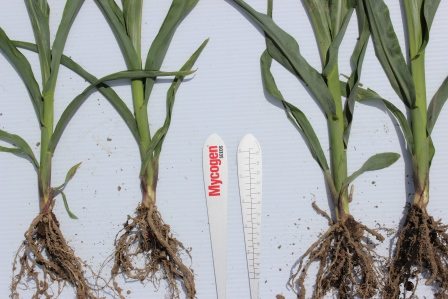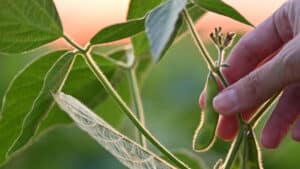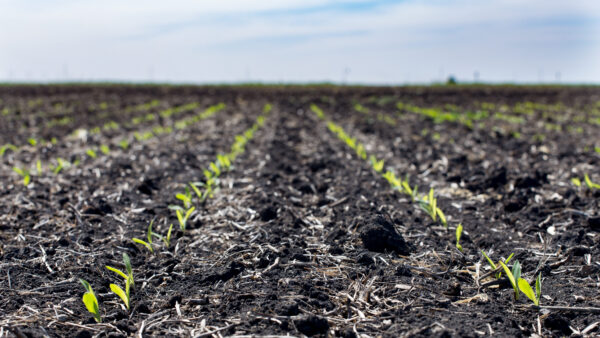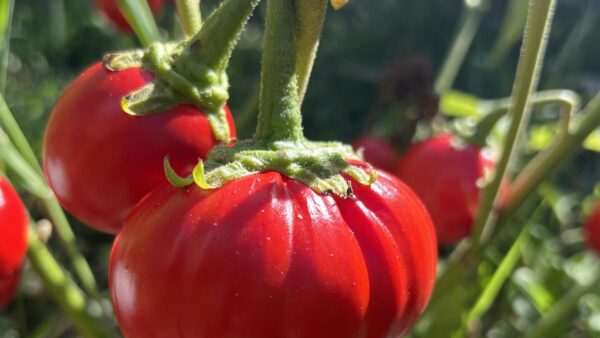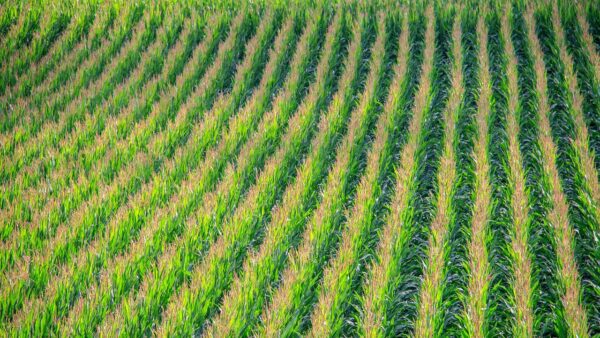For the 2018 planting season, Mycogen Seeds will offer a new seed treatment, REVONTEK, on its corn and silage hybrids to protect against early season diseases such as Phythium and Rhizoctonia.
“Seedling diseases have been especially challenging this year,” says Andrew Hoffman, Mycogen Seeds agronomy marketing manager. “The effects of Pythium and Rhizoctonia are still evident in farmers’ fields with less-than-ideal, irregular stands.”
REVONTEK is powered by six fungicidal active ingredients to protect against a wide range of seedling pathogens including Fusarium, Rhizoctonia, Pythium and Phytophthora. It also contains a biological protein for enhanced root growth as well as a higher concentration of systemic insecticide for longer early season residual control of a broad range of damaging insects.
REVONTEK will be offered to farmers as part of the company’s standard corn seed treatment. The seed treatment comes with a polymer coating, which provides a protective layer for an even, durable coating.
This year, Alison Robertson, an Iowa State University Extension pathologist, says farmers across the Corn Belt faced Pythium issues. This pathogen attacks seedlings and prevents corn from emerging, kills the new plants shortly following emergence or reduces seedling vigor.
“We’ve learned that corn is most susceptible to seedling disease if cold stress occurs two to four days after planting,” Robertson explains. “We found that you can plant into warm soils and seeds will absorb water, but if you get cold, wet soils 48 to 96 hours later, the seed stops growing.”
Once the seed stops growing, it begins to leak carbohydrates and amino acids, allowing nearby disease pathogens such as Pythium to invade.
Robertson is conducting a three-year study in cooperation with farmers to determine which Pythium species are the most troublesome. She specifically looks at how residue and cover crops affect Pythium.
“Depending on the crop and soil temperature, we are going to see different species of Pythium,” Robertson says. “If we can understand how these species affect corn seedlings, we can come up with tailored management practices.”


